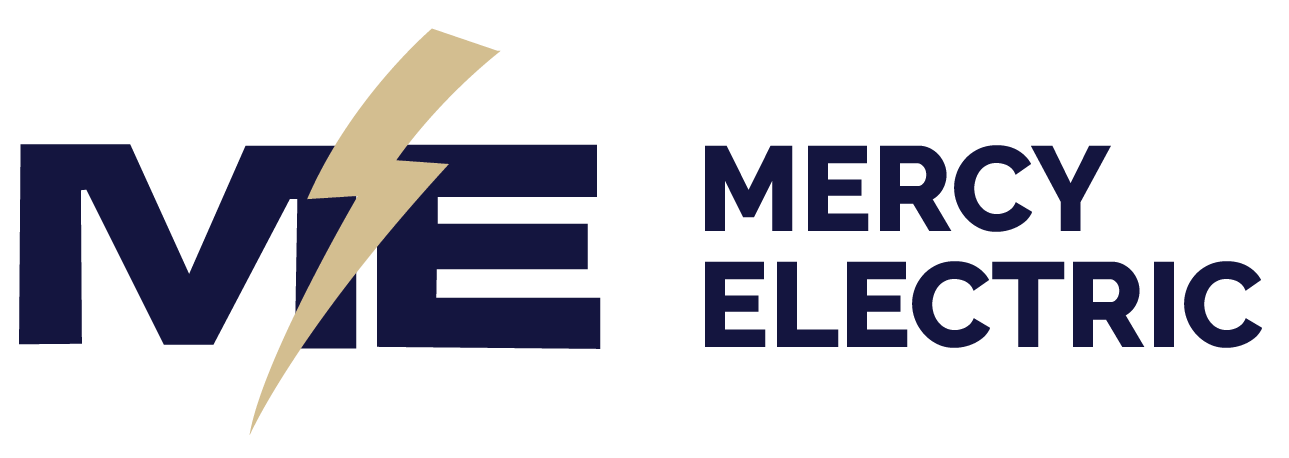EV Charging Station Installation in SF: Complete Guide to Electrification Services
Are you considering making the transition to an electric vehicle in the San Francisco Bay Area? Understanding your EV charging options is essential before taking the plunge. This comprehensive guide explores everything you need to know about EV charging station installation, from different types of chargers to permitting requirements, costs, and finding the right installer. Whether you’re a homeowner looking to install a charger at home or a business owner wanting to provide convenient charging for customers and employees, this article will help you navigate the complex world of EV charging solutions in SF and the broader Bay Area.
What Are Your EV Charging Options in the Bay Area?
The San Francisco Bay Area offers numerous options for charging your electric vehicle. Public stations operated by companies like EVgo are widely available throughout the region, but many EV drivers prefer the convenience of home ev charging. Level 2 chargers are the most common choice for residential installations, providing faster charging times than standard wall outlets. Tesla owners have additional options with dedicated Tesla Supercharger networks, though these are exclusive to Tesla vehicles. When considering your charging needs, it’s important to evaluate how and where you’ll most frequently charge your electric vehicle.
For those living in apartments or condos without dedicated parking, public charging infrastructure becomes essential. The City of San Francisco has been actively expanding public EV charging options, with numerous stations available in parking garages, shopping centers, and other convenient locations. However, for those who can install a charger at home or business, the benefits of private charging are substantial.
Contact Us Today About Your Project
Contact NowHow to Choose the Right EV Charger for Your Home or Business?
Selecting the appropriate charging hardware depends on several factors including your vehicle type, daily driving habits, and electrical capacity. Level 2 chargers, which operate at 240 volts, can charge an electric vehicle 5-7 times faster than standard household outlets. This makes them ideal for daily use, allowing you to fully charge your car overnight.
When selecting a charger, consider the connector type compatible with your vehicle. While most new electric vehicles use the J1772 standard, Tesla vehicles come with their own proprietary connector (though adapters are available). Additionally, look for chargers with smart features that allow you to optimize charging during off-peak hours when electricity rates are lower.
Hardware and software integration is another important consideration. Modern EV chargers often come with smartphone apps that let you monitor charging status, track energy use, and even schedule charging sessions to take advantage of lower rates or to align with your solar power production if you have solar panels installed.
How Does EV Charging Contribute to a Greener Future for the Bay Area?
Electric vehicles and charging infrastructure play a critical role in the Bay Area’s sustainability goals. By reducing dependence on fossil fuels, EVs significantly decrease greenhouse gas emissions and improve air quality. When charged with renewable energy, electric vehicles can operate with minimal environmental impact.
The environmental benefits extend beyond reduced emissions. Electric vehicles are generally more energy-efficient than internal combustion engines, converting a higher percentage of energy from the grid to power at the wheels. This efficiency contributes to lower overall energy consumption even as transportation needs continue to grow.
San Francisco and the broader Bay Area have set ambitious climate goals, and transportation electrification is a cornerstone of these efforts. By developing robust EV charging infrastructure, the region is making it easier for residents and businesses to participate in this transformation. Every new charging station installed represents another step toward a greener future for the Bay Area.
Text Us Now For A Quote
Get Your QuoteThe integration of EV charging with renewable energy sources further amplifies these benefits. As more charging is powered by solar, wind, and other clean energy sources, the environmental advantages of electric vehicles continue to increase.
Why Choose a Local Expert for Your EV Charging Installation Needs?
Working with local experts who possess unmatched expertise in Bay Area EV charging installations offers numerous advantages. These professionals understand the unique challenges of installing charging infrastructure in San Francisco’s diverse housing stock, from Victorian homes with older electrical systems to modern multi-unit buildings.
Local installers are also familiar with the specific permit requirements of different Bay Area jurisdictions. They can navigate these processes efficiently, saving you time and potential headaches. Their relationships with local inspection offices and utilities can further streamline the installation process.
Perhaps most importantly, local experts understand the regional incentive programs available to reduce your costs. They can help you apply for and receive rebates from state programs, local utilities, and city initiatives. This local advantage of understanding can translate to significant savings on your installation.
Finally, choosing a local company ensures support is readily available if you encounter any issues with your charging system. Rather than dealing with distant customer service departments, you’ll have access to nearby professionals who can quickly respond to any maintenance needs.
Summary: Key Takeaways for Bay Area EV Charging Solutions
- Understanding your options: Choose between Level 2 home charging, public stations like EVgo, or workplace charging based on your specific needs.
- Installation process: Expect a site assessment, potential electrical panel upgrades, permitting, installation, and final inspection.
- Costs and incentives: While hardware and installation costs vary, numerous financial incentives from state, local, and utility programs can significantly reduce your investment.
- Integration possibilities: Combining EV charging with solar power and battery storage creates a comprehensive clean energy system for your home or business.
- Future-proofing: The EV charging landscape continues to evolve with faster charging speeds, wireless options, and better grid integration.
- Environmental impact: Choosing electric vehicles and charging infrastructure contributes significantly to reducing carbon footprint and supporting Bay Area sustainability goals.
- Local expertise: Working with experienced local installers ensures your project benefits from regional knowledge, permitting expertise, and understanding of available incentives.
- Maintenance needs: EV charging systems require minimal maintenance but benefit from periodic inspections and software updates.
- Property value: Installing EV charging infrastructure adds value to homes and businesses as electric vehicle adoption continues to accelerate.
- Peace of mind: Having reliable charging at your home or business provides convenience and ensures your vehicle is always ready when needed.
By understanding these key aspects of EV charging in the San Francisco Bay Area, you’ll be well-equipped to make informed decisions about installing and using charging infrastructure. As electric vehicles become increasingly common, having convenient and reliable charging solutions will be essential for both residential and commercial properties throughout the region.
FAQs
Q: What are the main electrification services available for electric vehicle charging in the San Francisco Bay Area?
A: The main electrification services available include installation of car chargers, maintenance of electric vehicle charging stations, and consulting services to tailor charging solutions to meet your specific charging needs.
Q: How can I optimize energy use when installing an electric car charging station?
A: To optimize energy use, consider the location of your car charger, the type of charging hardware you choose, and the scheduling of charging sessions during off-peak hours. Consulting with experts in electrification can provide tailored solutions to maximize efficiency.
Q: What types of charging hardware are available for electric vehicle charging?
A: There are various types of charging hardware available, including Level 1 chargers for home use, Level 2 chargers for faster charging, and DC fast chargers for quick charging at public stations. Each type serves different needs, depending on your electric vehicle and usage patterns.
Q: Can I install an electric car charging station at my home in the Bay Area?
A: Yes, you can install a car charger at your home. It’s important to assess your electrical system and space, and consult with professionals who have unmatched expertise in electrification services to ensure a safe and efficient installation.
Contact Us Today About Your Project
Contact NowQ: Are there incentives available for installing electric vehicle charging stations?
A: Yes, various incentives are available for electric vehicle charging installations, including rebates and tax credits from local, state, and federal programs. These incentives can significantly reduce the cost of installation and encourage more widespread adoption of electric vehicle technology.
Q: What are the benefits of using a professional service for electric vehicle charging installation?
A: Using a professional service ensures that the installation meets all safety standards and regulations. Professionals can also provide tailored solutions based on your specific charging needs and help you choose the best charging hardware for your vehicle.
Q: How can I find the right electric vehicle charging solution for my business?
A: To find the right electric vehicle charging solution for your business, assess your fleet’s charging needs, consider the type of vehicles you have, and consult with experts in electrification services. They can provide tailored recommendations that align with your operational goals.
Q: What is the expected charging time for different types of electric vehicle chargers?
A: Charging times vary by charger type: Level 1 chargers can take 8-12 hours for a full charge, Level 2 chargers typically range from 4-8 hours, and DC fast chargers can provide an 80% charge in about 30 minutes, depending on the vehicle and charger specifications.

